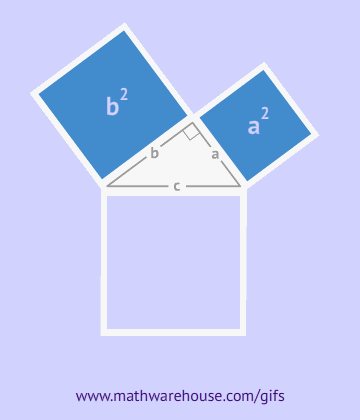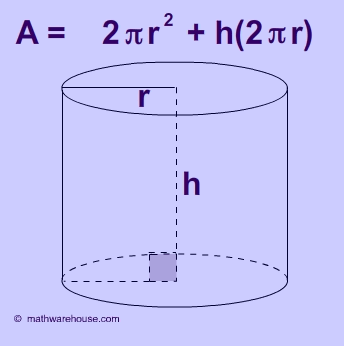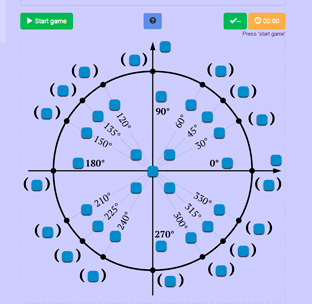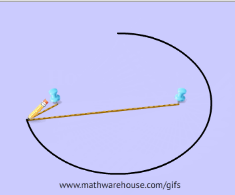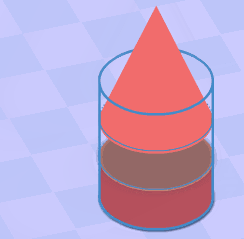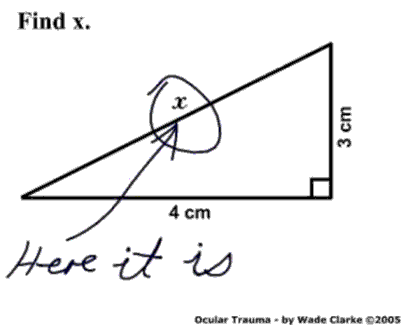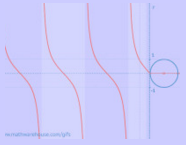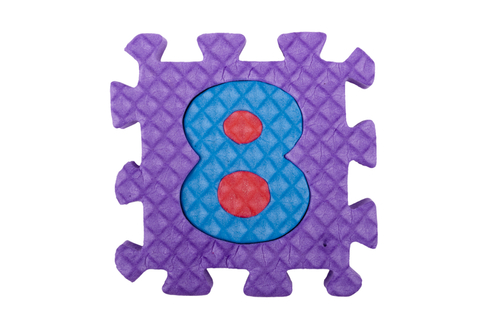When the side lengths of a right triangle satisfy the pythagorean theorem, these three numbers are known as pythagorean triplets or triples.
- The most common examples of pythagorean triplets are
- 3,4,5 triangles
- a 3,4,5 triplet simply stands for a triangle that has a side of length 3, a side of length 4 and a side of length 5.
- If a triangle has these side lengths, then it MUST be a right triangle.
- 5, 12, 13 right triangles
- 7, 24, 25 right triangles
- 8, 15, 17 triangles
NOTE: the triplets above such as 3,4,5 represent the ratios of side lengths that satisfy the pythagorean theorem.
Therefore, you can create other triplets by multiplying any of these triplets by a number.
- (3,4,5) ×2 = 8,6,10 and 8,6,10 is also a pythagorean triplet
- (5,12,13) ×2 = 10,24,26 and 10,24,26 is also a pythagorean triplet
Any multiple of the ratios above represent the sides of a right triangle. In other words just as 3,4,5 represents the
The Babylonians came up with a general formula for creating pythagorean triplets. This formula represents triplets for any U and V:
| Hypotenuse | Larger leg | Smaller Leg |
|---|---|---|
| U² + V ² | U² − V² | 2UV |
| As an example if you make u = 2 and V= 1, you will get the 3,4,5 triplets | ||
| 4 +1 = 5 | 4 − 1 = 3 | 2(2)(1) = 4 |
Hints for creating unique triplets using the Babylonian formula:
- U and V should not have any common factors
- U and V should not both be ODD
- U and V should not both be EVEN
Therefore, to create a unique triplet, chose an even and an odd number for U and K and make sure that the numbers do not have common factors

